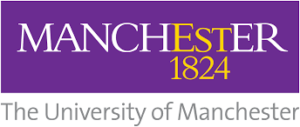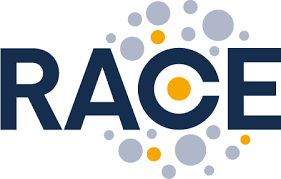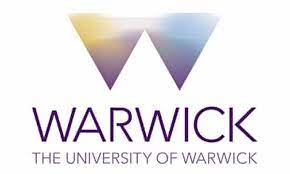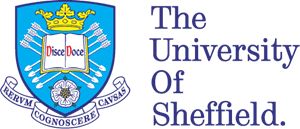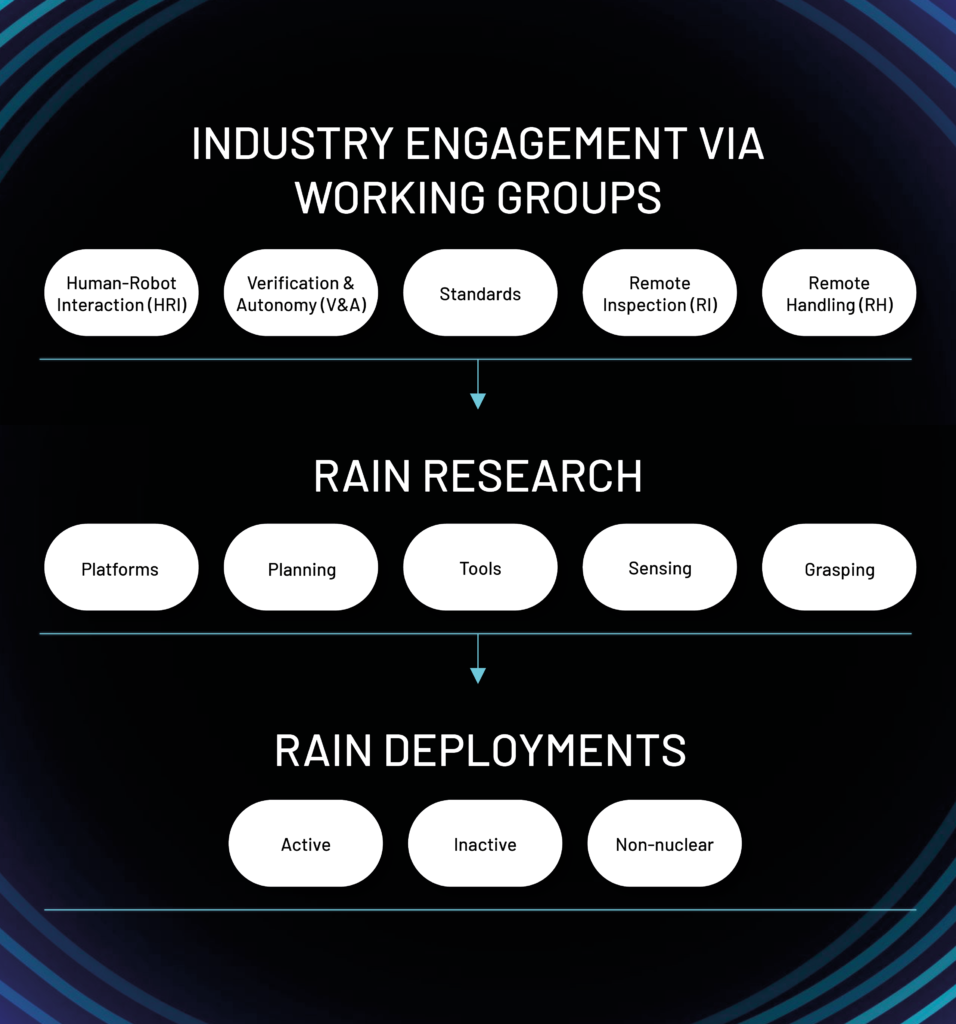Who We Are
RAIN (Robotics and Artificial Intelligence for Nuclear) is a community of enthusiastic, knowledgeable, and motivated individuals working together to solve some of the most challenging robotics problems in the world. At its core are ten research institutions, led by the University of Manchester, each bringing their own expertise including radiation sensor technology, 3D mapping, remote handling and autonomy.
RAIN is a collaborative research programme, which forms a community hub. That community is driven by the RAIN academic partners and is enhanced with collaborations across the supply chain and nuclear operator sectors.
What We Do
We accelerate the development of UK robotics for the nuclear industry with a focus on demonstrating real measurable benefits against demanding use cases. RAIN brings together UK robotics experts working across new build, life extension and decommissioning, bridging fission and fusion, to address common challenges.
The RAIN team is intricately linked with key nuclear partners across the industry to ensure that the research remains end-use focused. Major demonstrations, including first-of-a-kind trials have been undertaken through Phase One and Phase Two of RAIN.
RAIN hosts a variety of events to share news and progress. Webinars, podcasts, publications, standards, conferences, and outreach demonstrations have been held – get in touch to find out more.
Our Mission
RAIN has developed a reputation for enthusiastic and use-case-driven research and deployments with an approachable and collaborative team.
Our mission is to:
- Enhance connectivity between research and industry
- Measurably improve and deploy RAI technology in nuclear scenarios
- Undertake world-leading RAI research
- Curate a network that fosters awareness, curiosity and adoption of RAI technology in nuclear
RAIN has fostered working relationships and deployment plans with UK end-users including Sellafield Ltd, Rolls Royce, Atomic Weapons Establishment, EDF Energy, United Kingdom Atomic Energy Authority, Dounreay Site Restoration Ltd and Magnox.
Widespread benefits
- Benefitting people and society
- Benefitting the economy
- Creating jobs
- Increasing knowledge
More than half of the UK’s nuclear workforce is expected to retire before 2025. Consequently, there is an urgent need to attract more people into the sector.
RAIN will provide comprehensive training for more than 25 post-doctoral researchers and many associated PhD students. Furthermore, large numbers of undergraduate and post graduate students will be made aware of the challenges and opportunities offered by the nuclear industry through individual and group research projects.
RAIN will benefit the UK economy by improving nuclear industry productivity (by a targeted 20%) and reducing the cost of decommissioning the UK’s nuclear legacy sites by as much as £11.78 billion.
Then, by extending its research to cover non-nuclear applications, the programme will ultimately create a vibrant commercial market for RAI technologies across the world.
By facilitating remote inspection, RAIN’s technologies will bring about major improvements to nuclear health and safety. It will do this by reducing significantly – and hopefully eliminating altogether – the exposure of people working in the industry to radiation and other hazards.
Remote inspection will also have the potential to improve the life-span of the UK’s existing nuclear reactor fleet, helping to secure the country’s future energy provision.
The scientific and engineering advances that RAIN will deliver will inform and benefit national and international research efforts.
Working Groups
RAIN is made up of 5 working groups: Remote Inspection, Remote Handling, Human Robotic Interaction, Standardisation and Verification & Autonomy. To find out more about each working group including the latest news and how to get in touch click on the icons below.
Human-Robot Interaction
The HRI working group is focused on the interactions with robotics and autonomous systems such as trustworthiness, perception and communication as well as explorations of the HRI systems including virtual and augmented reality, teleoperation, haptics, shared control and testing methods.
Lead is: Guido Herrmann
Contact: guido.herrmann@manchester.ac.uk
Remote Handling
The Remote Handling Working Group is developing technology to take hands out of gloveboxes, making nuclear decommissioning safer, faster and cheaper.
Lead is: Guy Burroughes
Contact: guy.burroughes@ukaea.uk
Remote Inspection
The Remote Inspection Working Group (RIWG) focuses on developing robotic and AI technology for both the characterisation of unknown nuclear environments, and change or anomaly detection of previously characterised environments.
Lead is: Nick Hawes
Contact: nick.hawes@eng.ox.ac.uk
Standardisation
The Standardisation working group focused on bringing academic and industrial experts together to create new baselines in specific areas such as operator-facing human-machine interfaces (HMI), extensible modular software systems, and nuclear tele-manipulation systems.
Lead is: Ipek Caliskanelli
Contact: ipek.caliskanelli@ukaea.uk
Verification & Autonomy
The V&A working group are focused on engagement with regulators and work that can be achieved through simulation. Including the assurance of autonomous Systems for safe use in hazardous environments.
Lead is: Louise Dennis
Contact: louise.dennis@manchester.ac.uk
RAIN Community
The RAIN Hub brings together eight teams of robotic and nuclear engineering experts from The University of Manchester (project lead), Lancaster University, The University of Oxford, The University of Liverpool, The University of Sheffield, The University of Bristol, The University of Leeds, The University of Reading, The University of Nottingham, Newcastle University and RACE (Robotics and Remote Applications in Challenging Environments).
